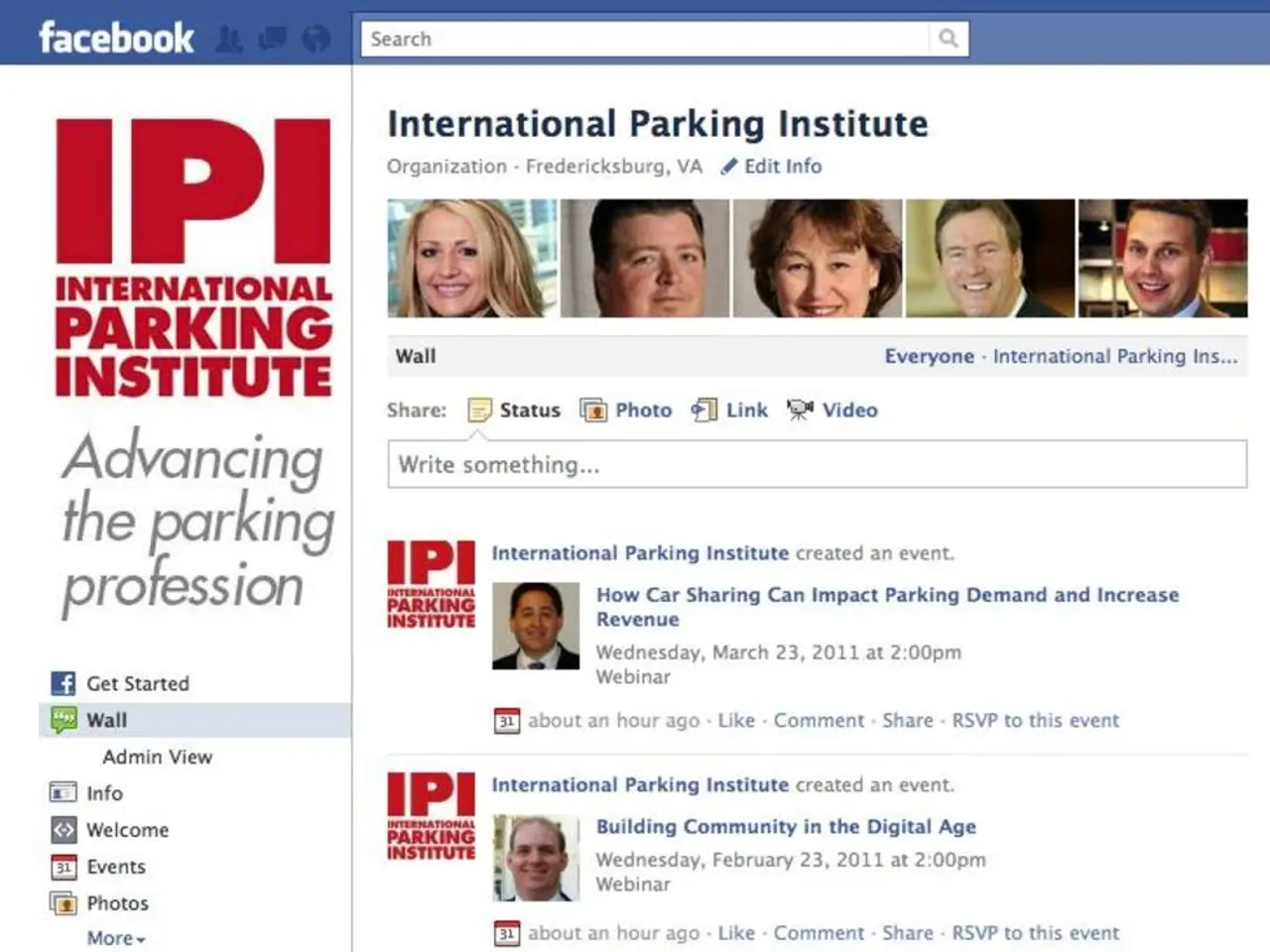Debunking Preconceptions: Mental Health in Underrepresented Communities
In a bid to improve mental health outcomes in minority communities, Leslie Fuentes-Nguyen, a Licensed Marriage and Family Therapist with Kaiser Permanente Southern California, has identified common myths that hinder mental health awareness and access. These misconceptions, when left unchecked, can lead to serious physical health problems and perpetuate stigma, misinformation, and fear.
One such myth is that mental health struggles indicate personal weakness or failure. This perspective discourages help-seeking as some believe that only "weak" individuals experience mental health issues, disregarding the fact that admitting challenges takes courage.
Another misperception is that therapy is only for "crazy" or severely disturbed people. This fear of judgment prevents many from accessing beneficial mental health services that promote growth and resilience.
The belief that mental health problems are less prevalent or not legitimate in minority communities further marginalizes those in need. This perception promotes silence, shame, and inaction, which can have dire consequences on health if left untreated, as seen in race-based traumatic stress (RBTS) among the Black population.
In some Asian American communities, mental illness is wrongly seen as impairing one’s ability to fulfill family or community roles, creating intense stigma and reluctance to seek care. The "model minority" stereotype among Asian Americans masks mental health struggles, pressuring individuals to appear strong and self-reliant rather than seek help.
Access barriers also stem from cultural incompetency and mistrust of the healthcare system. Providers may misdiagnose or redirect minority youth to punitive systems instead of appropriate treatment due to lack of understanding of cultural context and trauma manifestations.
To address these myths and barriers, effective strategies include promoting cultural humility and competency among mental health providers, normalizing mental health discussions within minority communities, challenging harmful stereotypes, increasing public education, encouraging community leaders to openly discuss mental health, and enhancing research and funding focused on minority mental health.
Kaiser Permanente Downey is partnering with local organizations to address mental health needs in the community. The California Legislature also approved a measure to allow LA County to develop a mental health treatment and housing facility on the Metropolitan State Hospital property, prioritizing mental well-being among all groups and individuals.
Mental health is not a weakness, a label, or a burden - it's a part of being human. Breaking myths about mental health can help build stronger, healthier communities. This July, during National Minority Mental Health Awareness Month, let's continue to normalize conversations about mental health, educate ourselves and others, and support each other in addressing mental health issues.
- In some minority communities, incorrect perceptions about mental health can lead to dire consequences, such as the belief that addressing mental health issues implies personal weakness or failure, discouraging help-seeking and promoting stigma.
- Access to mental health services can be a challenge in certain communities, with some individuals fearing judgment due to the misconception that therapy is only for "crazy" or severely disturbed people.
- Cultural incompetency and mistrust of the healthcare system can create access barriers, as providers may misdiagnose or redirect minority youth to punitive systems instead of appropriate treatment, due to lack of understanding of cultural context and trauma manifestations.




